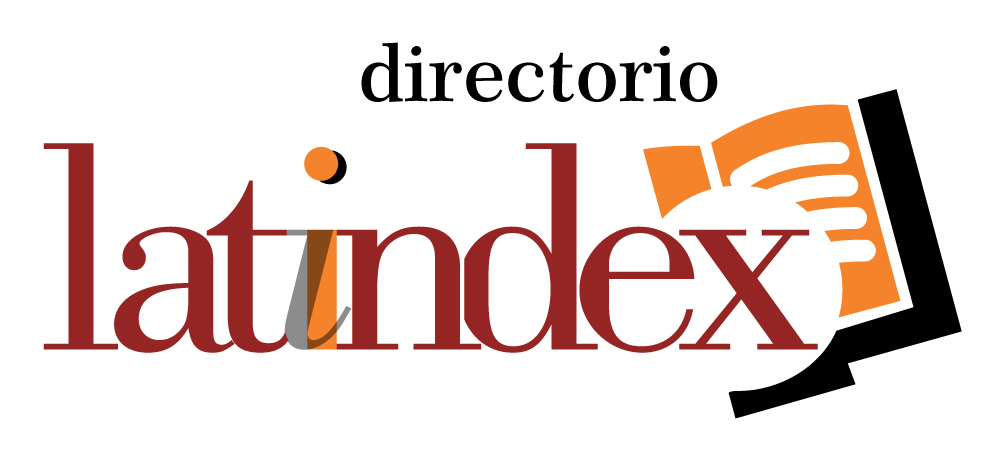Las dietas tradicionales, su impacto en el microbioma intestinal y la salud humana
DOI:
https://doi.org/10.32870/jbf.v3i5.39Keywords:
traditional diet, Western diet, gut microbiome, bioculture, MexicoAbstract
One of the current most important challenges in terms of dietary health is the increase in the intake of industrialized and ultra-processed foods linked to the westernized diet that has expanded throughout almost all regions of the planet. The incorporation of foods high in fats, carbohydrates, and artificial components in the diet of people from biodiverse countries such as Mexico, has had important repercussions on the health of its inhabitants, as there has been a gradual increase in obesity and other related diseases. In spite of this, the traditional Mexican diet still is made of natural and little processed foods, mainly in indigenous and peasant regions of the country. The traditional Mexican diet in the central region of Mexico is based on an extensive variety of native and exotic products grown locally and on a small scale, mostly from home gardens and polyculture systems for self-consumption and local commerce. Here, we propose that the intake of a variety of foods that make up traditional diets, particularly those produced in traditional agroecological systems, can significantly improve human health through substantial changes in the composition of the gut microbiome.
Downloads
Published
How to Cite
Issue
Section
License
This is an open-access article distributed under the terms of the Creative Commons Attribution License (CC BY). The use, distribution or reproduction is permitted, provided the original author(s) and the copyright owner(s) are credited and that the original publication in this journal is cited, in accordance with accepted academic practice. No use, distribution or reproduction is permitted which does not comply with these terms.







